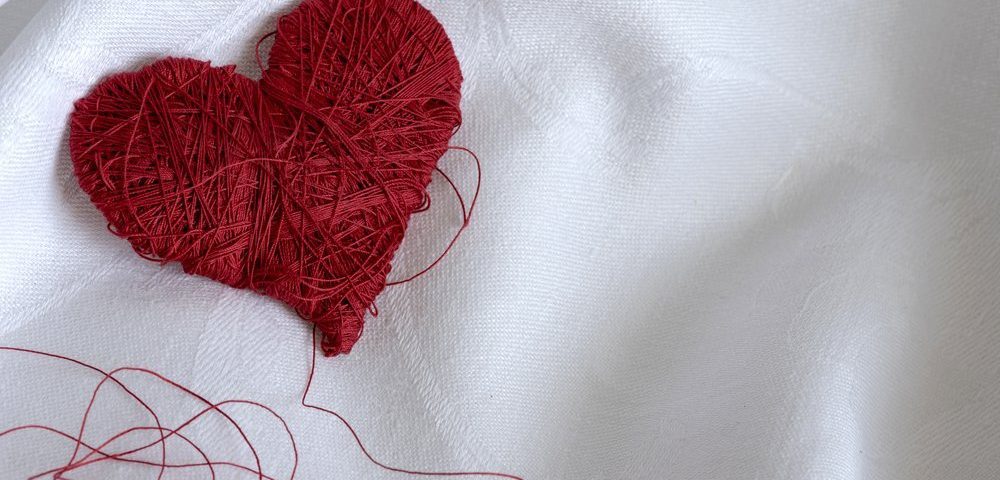These Essential Supplies Make Caregiving a Little Easier
Written by |

The hardest job becomes easier when the right supplies are on hand. This is especially true with caregiving.
Every day is a learning experience. We learn what is essential for the care and the service of the person we are caring for.
The following tools and materials can help make the job easier:
Washcloths
Washcloths are one of the most important tools in a caregiver’s arsenal. They don’t need to be expensive and can be used for cleanups.
White is always a smart color choice. Launder the washcloths in hot water and bleach to sanitize, or use peroxide if you prefer something less toxic.
Towels
Like washcloths, the more towels that are at your disposal, the better. Absorbent, oversized towels are great after a shower or bath and keep the patient warm. They also prevent the patient from feeling exposed. Again, use white towels for easy laundering.
Rubber or latex gloves
To keep germs at bay, wear disposable rubber or latex gloves. Gloves provide protection for you and your patient. However, don’t wear gloves for every caregiving duty. Otherwise, the experience might feel sterile and impersonal.
Gloves should not be worn if the patient is allergic to latex.
Vinegar
Everyday white vinegar acts as a softener in the wash and is helpful in dispelling odors from sheets, underwear, and other pieces of clothing. It can be used on sweat stains and is a natural cleaner for bathroom floors and countertops.
Underpads
Incontinence accompanies late-stage Alzheimer’s disease. Underpads are useful for protecting sheets, mattresses, and seating cushions. They are absorbent and are either disposable or washable.
Disposable pads are lined with a thin sheet of plastic. Nondisposable pads, also known as chux pads, are heavier than disposable ones. They are highly absorbent and backed with cloth that resists liquid and moisture. Nondisposable pads are more expensive, but are more affordable in the long run, as they can be laundered and reused.
Rubbing alcohol
Rubbing alcohol is a wonder on spills and stains. Use it to spot-clean a blouse or shirt. It dries quickly and is helpful when soap and water aren’t available. Carry a small bottle with you to use for cleaning your hands. In a pinch, rubbing alcohol can even be applied as a deodorant.
Paper underwear
I don’t need to elaborate on the purpose or usefulness of paper underwear. They are marketed as adult diapers, but I believe the term “paper underwear” is less insulting to a person’s dignity. A comfortable fit is more natural, so make sure you purchase the correct size.
These are only a few caregiving tools. More will become evident in the day-to-day unfolding of care. In the words of George Herbert: “Do not wait; the time will never be ‘just right.’ Start where you stand, and work with whatever tools you may have at your command, and better tools will be found as you go along.”
***
Note: Alzheimer’s News Today is strictly a news and information website about the disease. It does not provide medical advice, diagnosis, or treatment. This content is not intended to be a substitute for professional medical advice, diagnosis, or treatment. Always seek the advice of your physician or other qualified health provider with any questions you may have regarding a medical condition. Never disregard professional medical advice or delay in seeking it because of something you have read on this website. The opinions expressed in this column are not those of Alzheimer’s News Today or its parent company, Bionews Services, and are intended to spark discussion about issues pertaining to Alzheimer’s Disease.






Leave a comment
Fill in the required fields to post. Your email address will not be published.